Pleasant Hill Adopts District Elections, Drawing Criticism in the Process

Pleasant Hill’s city council election process will shift away from at-large elections, in which its members represent the entire city, and adopt by-district elections where the city is divided into geographic sections, each with a representative.
The change will go into effect next year, but not everybody is happy about the process that led to the city council’s electoral change.
“It is the right decision [to hold elections by district],” said Marian Shostrom, a member of the League of Women Voters of Diablo Valley. “But I think the city council has not done as much reaching out as they could have done.”
Shostrom said the Asian Law Caucus, the United Latino Voices of Contra Costa County, the ACLU of Northern California and the League of Women Voters all pushed the city for more transparency and outreach throughout the process.
“They’ve known that they were going to do this since late January and this is the only piece of mail that I’ve received from the city,” Shostrom said of a postcard she received on April 17, notifying her of the impending change.
The shift in the voting procedure comes after the Pleasant Hill City Council received a letter from an attorney in January threatening a possible lawsuit if the city did not switch from at-large to by-district elections.
Pleasant Hill City Council held the first of three public hearings on May 1 to get feedback on the draft maps prepared by a city demographer as well as those submitted by members of the public. Five of the maps are drawn showing five separate districts, and one map has four districts with a directly elected mayor.
The next public hearings will take place May 6 and May 22, and the city will choose a final map in June.
The League of Women Voters of Diablo Valley also sent a letter to the city council expressing concern over comments made by Mayor Tim Flaherty at the district election hearing on April 17.
“The mayor shared where he lived and the boundaries of what he sees as his personal community of interest,” the letter from Anne Granlund, president of the League of Women Voters, said.
“The law is clear that district lines drawn in consideration of an incumbent is not an appropriate community of interest for drawing district maps.”
One benefit of moving away from at-large elections is the possibility it opens to create a more diverse city council, said Shostrom. She also said it can help build community.
“The city council member who is responsible for a district will get to know the members who live in that district in a way the city council at-large doesn’t necessarily do,” she said.
The change in election process also matters for students of Diablo Valley College, especially those who live in Pleasant Hill.
“The city council does represent all residents of Pleasant Hill,” added Shostrom.
“It’s important for DVC students and for people who live around DVC because it might give people a bigger voice in what happens in the city.”





































































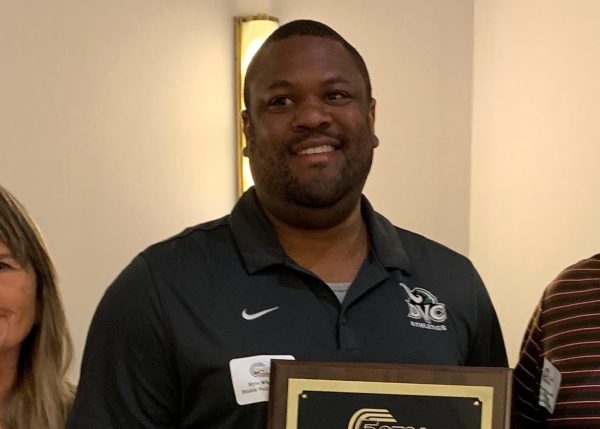

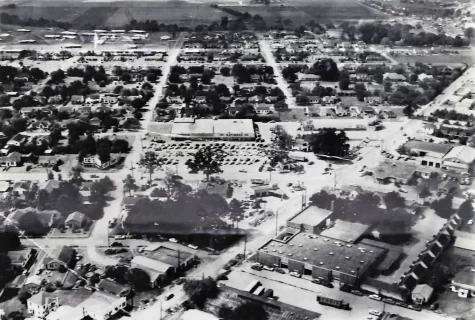
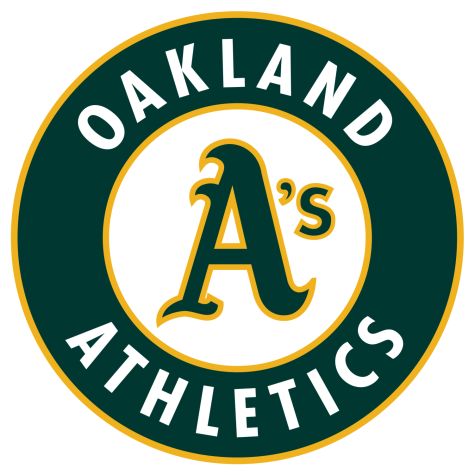
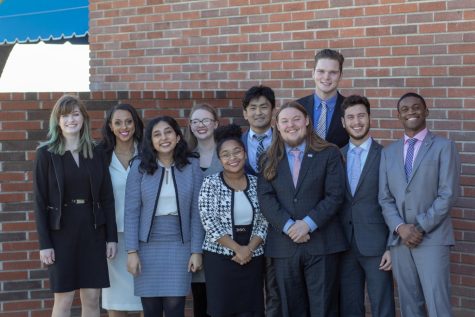


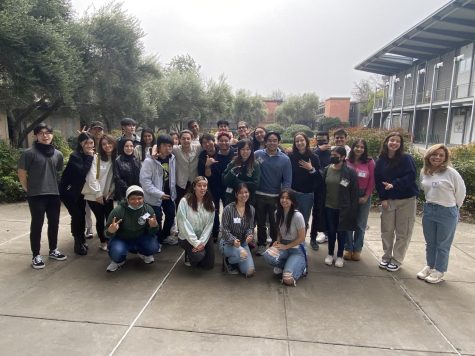
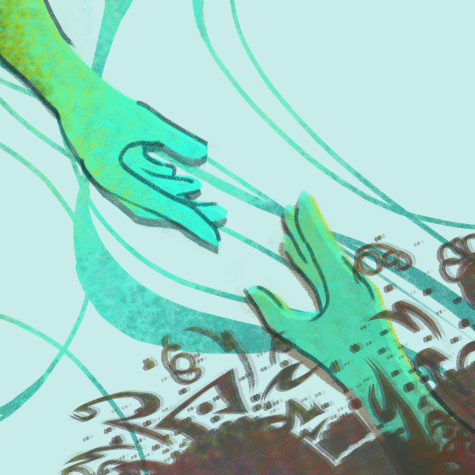

Martha Dunham • May 11, 2023 at 2:50 pm
Thank you for this report. I am a DVC student who has been living in Pleasant Hill since 1984. This is the first I have heard of this! I have concerns because I live on the Concord side of the freeway in the Pleasant Hill lowlands. I am afraid the result of city council representation via districts will be divisiveness. Council members from wealthier areas of the city may wield their power and resources to serve their own interests. This could result in the neighborhoods in the hills getting more than their fair share of attention and funding for projects. I have not seen the proposed maps but I expect that the freeway will be a dividing line. Even with our own representative, this system could ultimately lead to neglect in my neighborhood. It smacks of red-lining to me. I will attend the next City council meeting. There should have been more publicity and public hearings about this change!